Many people fear the current political climate in America. Critics and pundits (and the current vice president) have compared President Donald Trump to Hitler and his administration to a fascist regime. And Elon Musk’s recent salute to an audience, which looked an awful lot like a Nazi salute, hasn’t helped the situation. Given this recent political turmoil, this feels like a relevant time to look back and revisit some of cinema’s greatest anti-fascist films.
These movies protest against the systemic beliefs of fascism, portraying the dangers of authoritarian regimes and the oppression of marginalized groups. Through their movies, filmmakers highlight the destructive impact of fascism on society, showing how it stifles human rights and democracy. But at the same time, these films also follow resilient individuals who fight for freedom, characters who stand up against tyranny and resist oppressive systems at great personal cost. Ranked by year of release, these 10 films serve as both a warning and a call to action, reminding audiences of the fragility of freedom and the need to protect it.
10
‘Jojo Rabbit’ (2019)
Nothing screams fascism more than World War II and Adolf Hitler. Audiences have seen many World War II movies over the years, but nothing quite like Jojo Rabbit. The film follows an impressionable Hitler Youth named Jojo (Roman Griffin Davis) and how his perception of the war and the Jewish people changes when he learns that his mother (Scarlett Johansson) is secretly hiding a young Jewish girl (Thomasin McKenzie) in their home.
Using satire and absurdist humor, Jojo Rabbit pokes fun at fascism and the Nazis through Jojo’s imaginary and idiotic friend, Hitler (Taika Waititi). The tone in Jojo Rabbit shifts when the horrors of war start hitting closer to home. In a series of heart-wrenching moments, Jojo experiences the destructive nature of fascism firsthand, as he loses loved one after loved one and watches his hometown get ravaged by war. In the end, Jojo realizes that his fascist idols don’t care about him and that Jews really aren’t so bad after all. He then proceeds to kick Hitler and his fascist ideology out of his life. Literally.
9
‘Inglourious Basterds’ (2009)
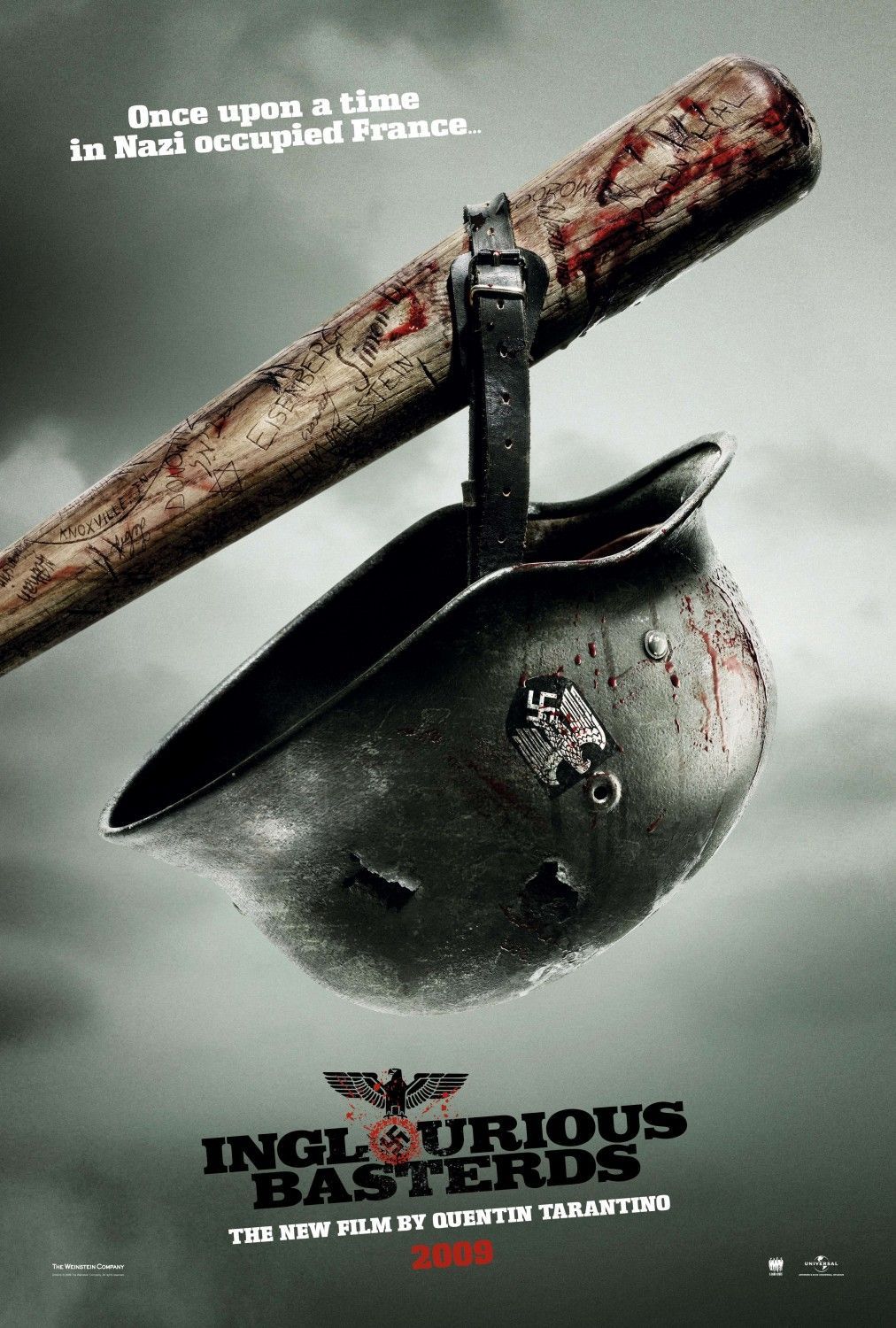
Your comment has not been saved
What if a team of vicious, Nazi-hating soldiers found a way to murder Hitler and end World War II on their own terms? Well, you don’t have to imagine this scenario. Quentin Tarantino’s Inglourious Basterds provides that for you. It follows multiple characters across the globe who really, really hate Nazis. As Lieutenant Aldo Raine says in his recruitment speech, “We’re gonna be doing one thing and one thing only: killing Nazis.” And that’s pretty much the entire movie.
In typical Tarantino fashion, the film massacres Nazis in the most violent ways possible, from getting scalped to getting beaten to death with baseball bats.It pokes fun at an exaggerated version of Hitler, though Hitler isn’t the true villain of this story. It’s his cold and calculating officer, Hans Landa (Christoph Waltz). Arguably one of Tarantino’s best works, Inglourious Basterds rewrites history and creates an alternate, more satisfying finale to Hitler’s life.

Related
10 Horror Movies That Deliver Important Messages About Society
Horror movies aren’t just gore and jump scares; many provide important messages to drive home for audiences.
8
‘V for Vendetta’ (2006)
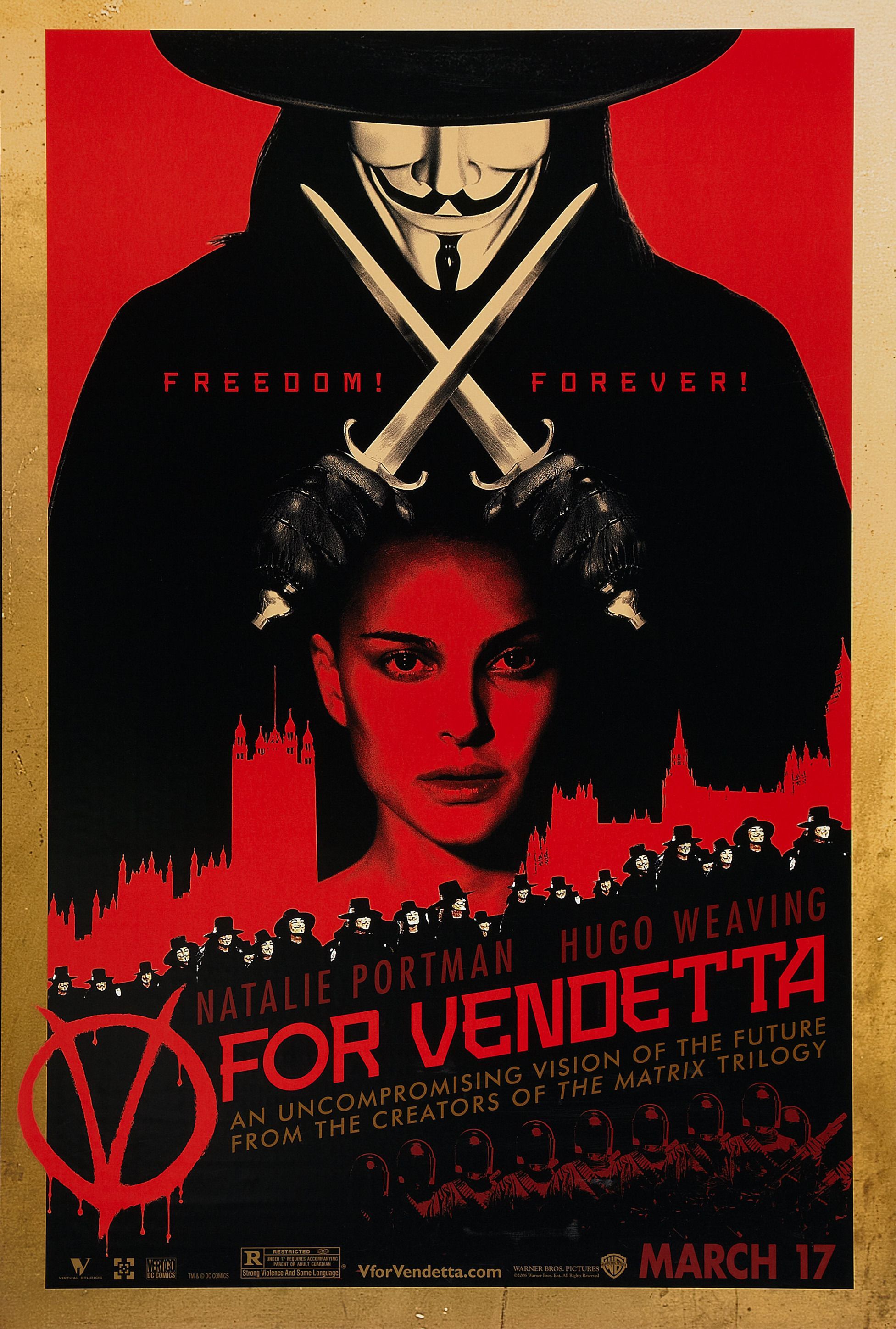
Your comment has not been saved
V For Vendetta
- Release Date
-
March 17, 2006
- Runtime
-
132 minutes
- Director
-
- Writers
-
Lana Wachowski, Lilly Wachowski
Based on the graphic novel of the same name, V for Vendetta is a dystopian film that imagines England as a fascist totalitarian society. And the only person brazen enough to rebel against it is a masked, murderous vigilante known only by the letter V (Hugo Weaving). V dies as violently as he lived, though it feels necessary for the story’s conclusion. As V tells us with one of his final breaths, “Beneath this mask there is more than flesh. Beneath this mask there is an idea, Mr. Creedy. And ideas are bulletproof.” This quote, and the film itself, conveys the notion that a powerful idea can change and inspire the world.
V’s actions wake up the oppressed society of England, inciting them to stand against the tyranny that rules their country. In the end, V leaves it up to his protégé, Evey Hammond (Natalie Portman), to finish his rebellion. She places V’s corpse onto an explosive-filled train and sends it straight to Parliament. The building explodes to the tune of Tchaikovsky’s 1812 Overture, its booming notes in sync with the building’s explosions. Meanwhile, countless people wearing V’s iconic Guy Fawkes mask watch on in amazement, liberated at last.
7
‘Pan’s Labyrinth’ (2006)
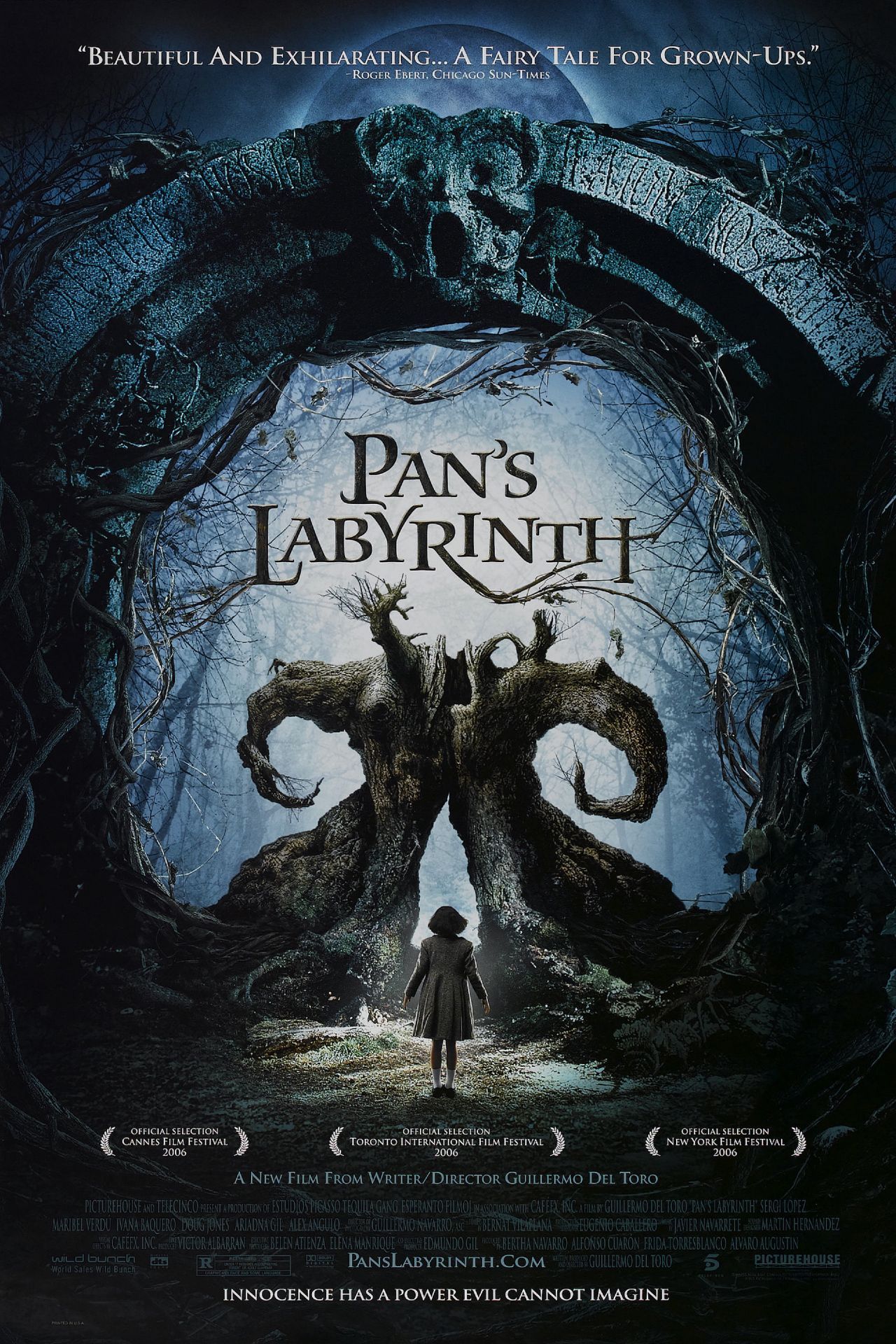
Your comment has not been saved
Pan’s Labyrinth
- Release Date
-
January 19, 2007
- Runtime
-
118 minutes
- Director
-
- Writers
-
Cast
-
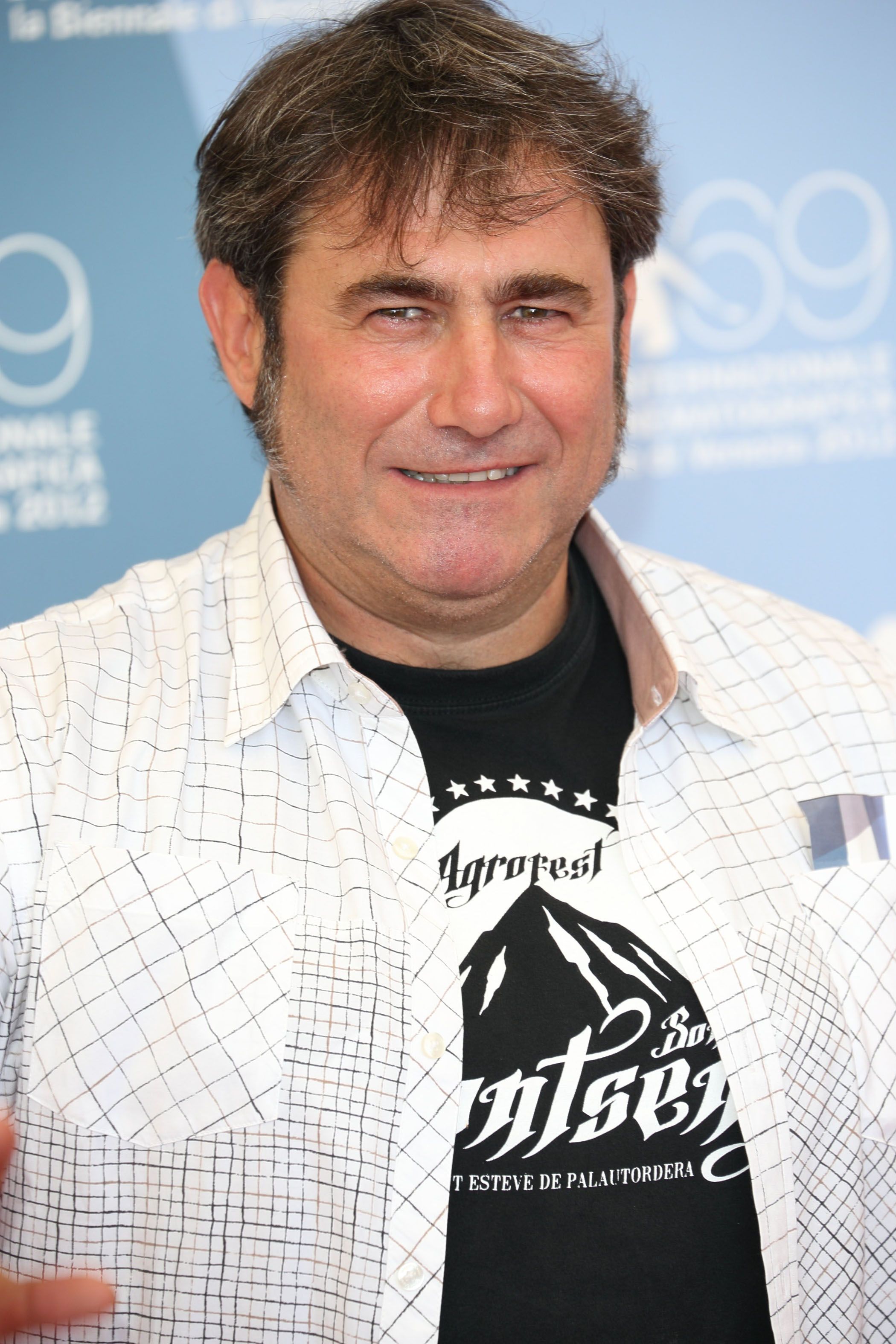 Sergi López
Sergi López -

-

-
 Ariadna Gil
Ariadna Gil
Pan’s Labyrinth is arguably Guillermo del Toro’s masterpiece. Set in 1944 fascist Spain, it follows a little girl named Ofelia (Ivana Baquero), who’s given a magical task to achieve immortality and return to her kingdom as a princess. As Ofelia embarks on her quest, the surrounding adults find themselves in the midst of a dramatic guerrilla uprising.
The film introduces us to one of cinema’s most despicable villains, the fascist Captain Vidal (Sergi López). And like all fascist soldiers, Vidal has no problem using violence to maintain order. Pan’s Labyrinth is an adult fairy tale that blurs the line between reality and fantasy, contrasting the harsh reality of adulthood — war, fascism, oppression, and violence — with the innocence and magic of youth.
6
‘American History X’ (1998)
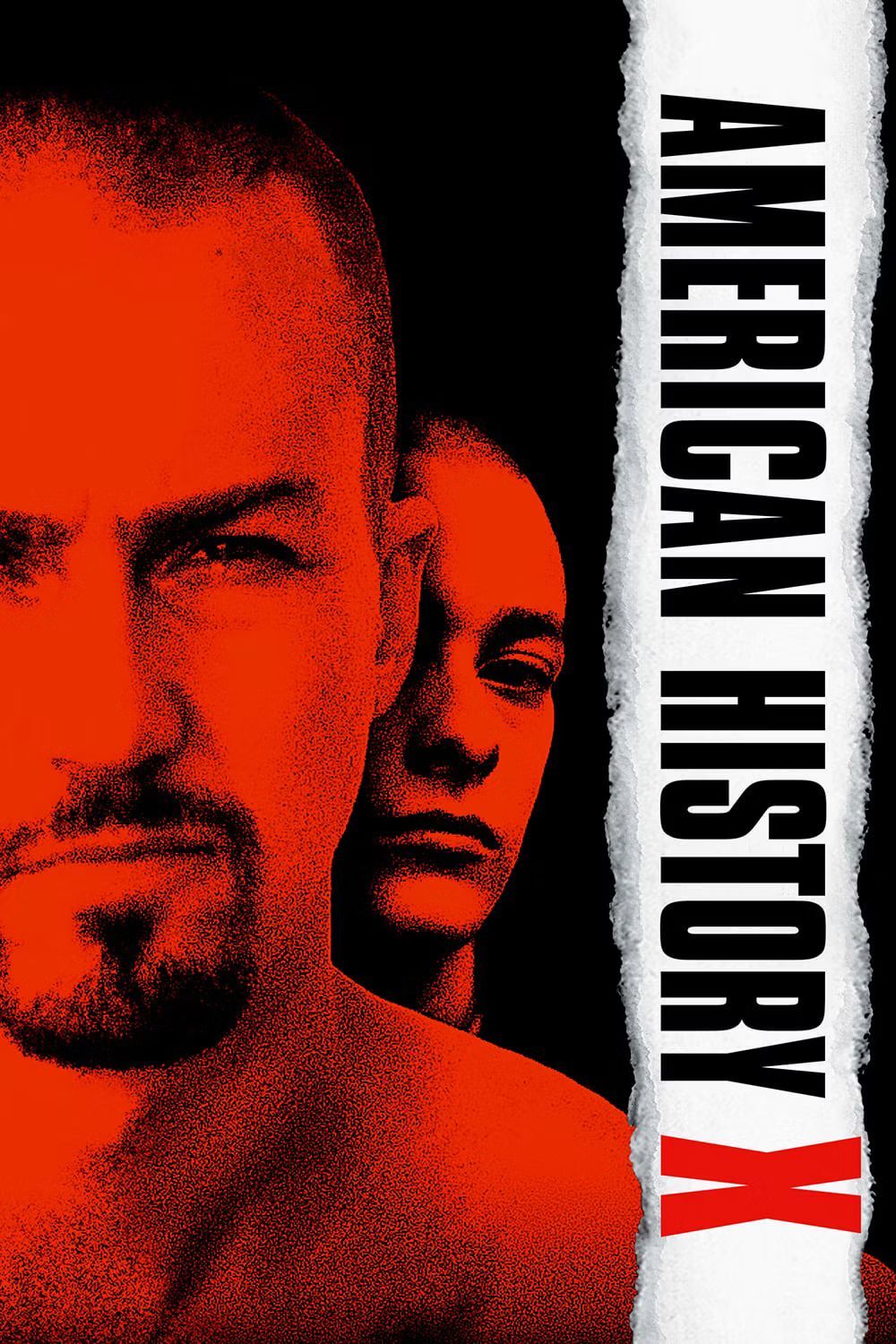
Your comment has not been saved
American History X
- Release Date
-
November 20, 1998
- Runtime
-
119 Minutes
- Director
-
- Writers
-
David McKenna
Cast
-
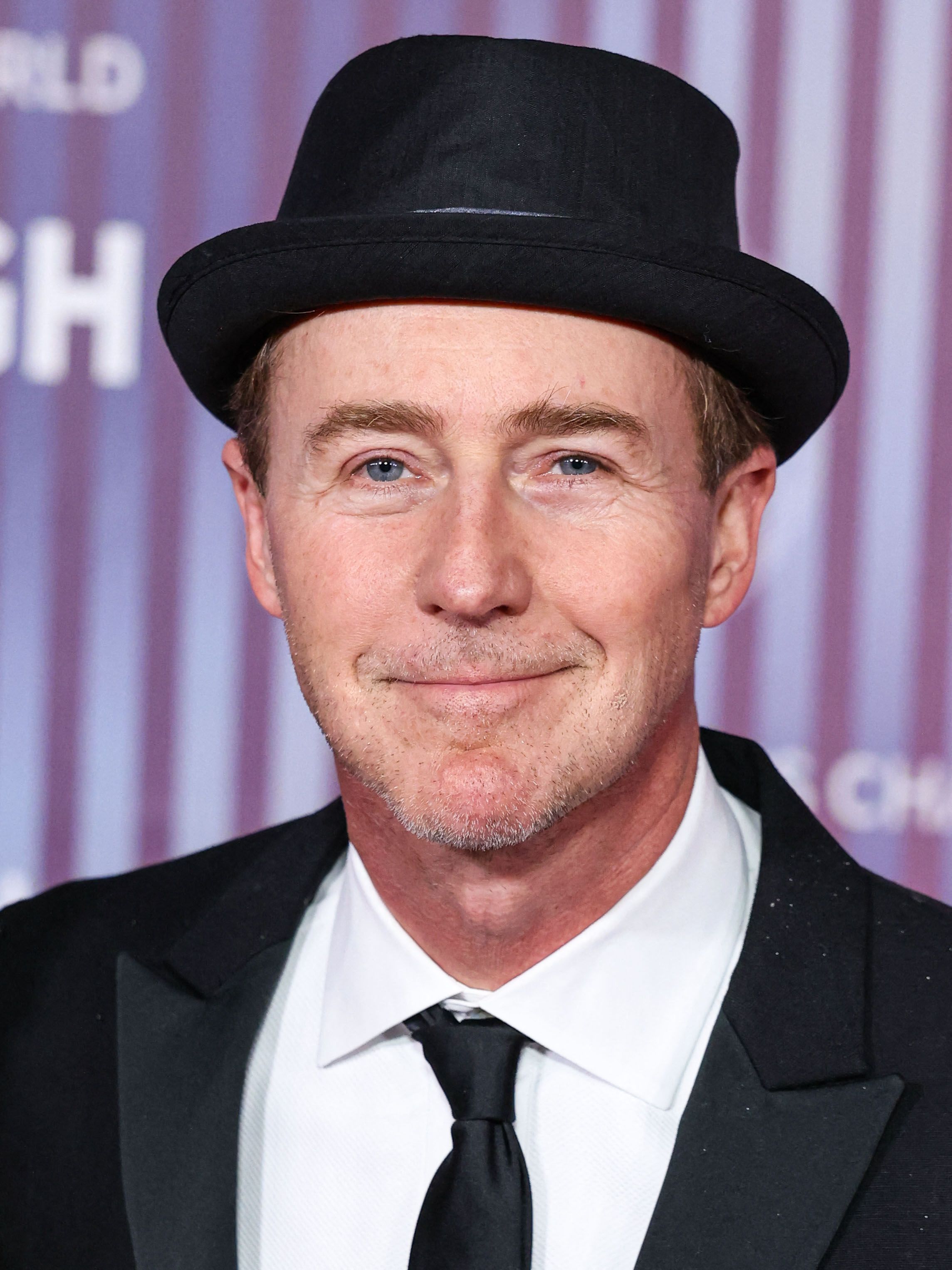
-
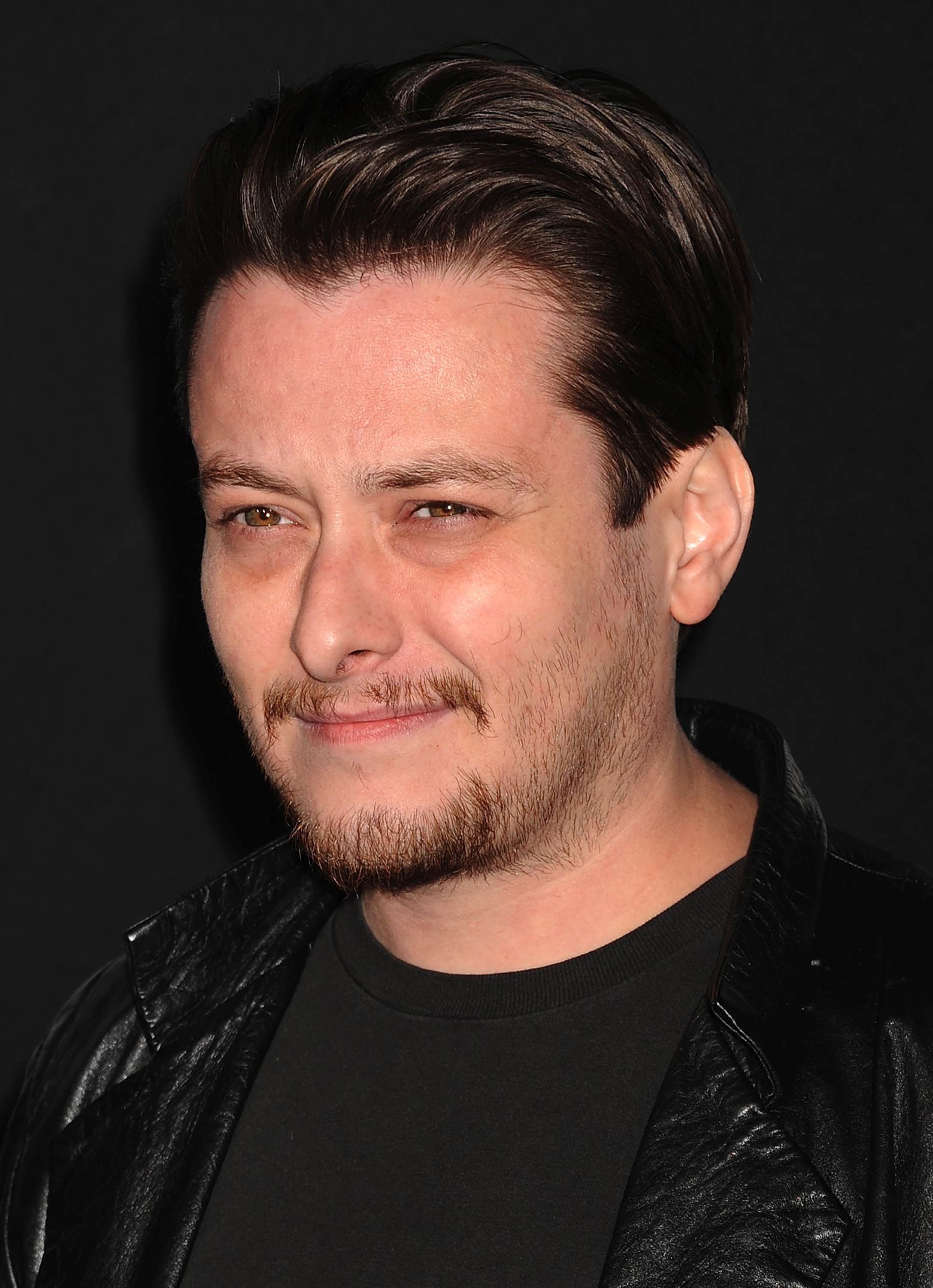
-
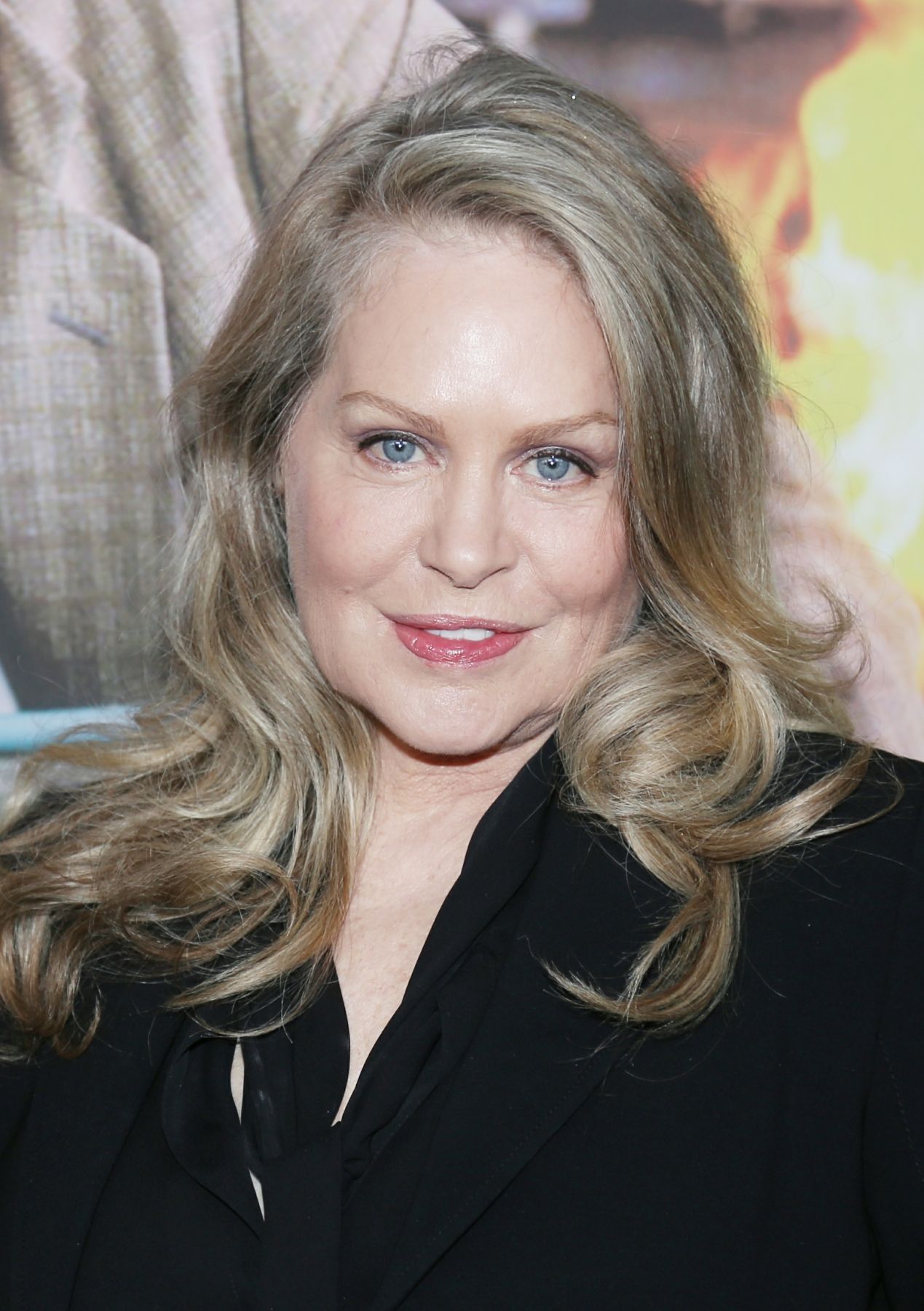
-
 Jennifer Lien
Jennifer Lien
American History X tells two stories simultaneously. It follows the incarceration of a violent Neo-Nazi named Derek (Edward Norton) and the impact of his beliefs on his impressionable younger brother Danny (Edward Furlong). Derek starts out as a devoted and respected member of a white supremacist group that’s prejudiced against people of color.
Derek’s time in prison shifts his perspective when he’s abandoned by his Neo-Nazi companions and befriends an African-American inmate, who ultimately saves his life. Derek leaves prison a reformed man with a new worldview. He tries to protect his brother from his old friends and beliefs –but it’s too little, too late. The film’s tragic ending warns us about the dangers of fascism and racism while underlining the injustices behind each.
5
‘Come and See’ (1985)
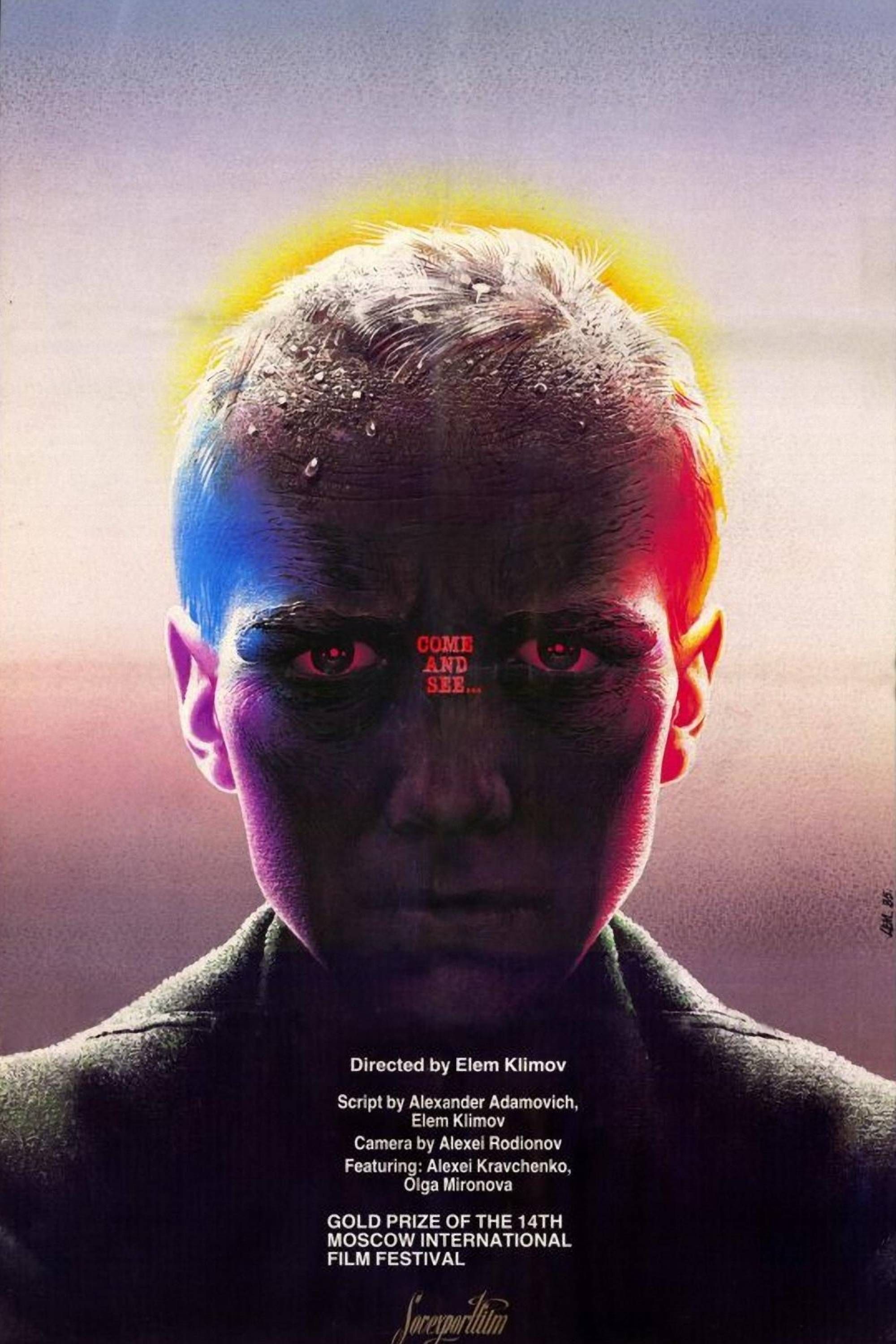
Your comment has not been saved
Come And See
- Release Date
-
October 17, 1985
- Runtime
-
142 Minutes
- Director
-
Elem Klimov
- Writers
-
Elem Klimov, Ales Adamovich
Cast
-
 Aleksei Kravchenko
Aleksei Kravchenko -
 Olga Mironova
Olga Mironova
Come and See is a Soviet anti-war film. It follows a young man, who joins a resistance movement during Germany’s occupation of Byelorussia during World War II.
Come and See is widely regarded as one of the greatest anti-war, anti-fascist movies ever made. It’s been lauded for its haunting and realistic portrayal of war, capturing everything from the atrocities of human suffering to the brutal psychological effects of battle. Since its release, it’s become known as one of the greatest films ever made.
4
‘Indiana Jones and the Raiders of the Lost Ark’ (1981)
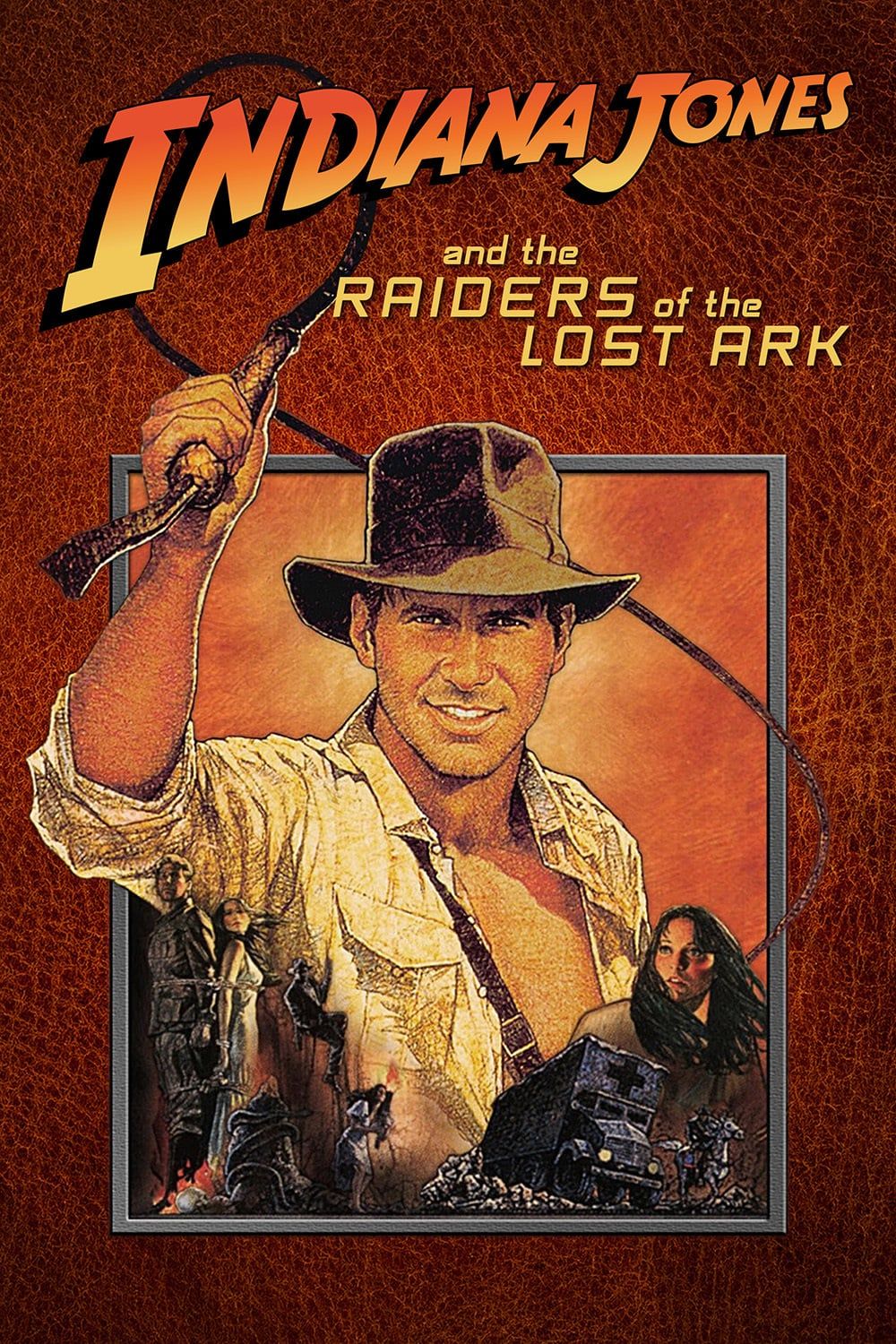
Your comment has not been saved
Indiana Jones and the Raiders of the Lost Ark
- Release Date
-
June 12, 1981
- Runtime
-
115
- Director
-
- Writers
-
Lawrence Kasdan, George Lucas, Philip Kaufman
Cast
-
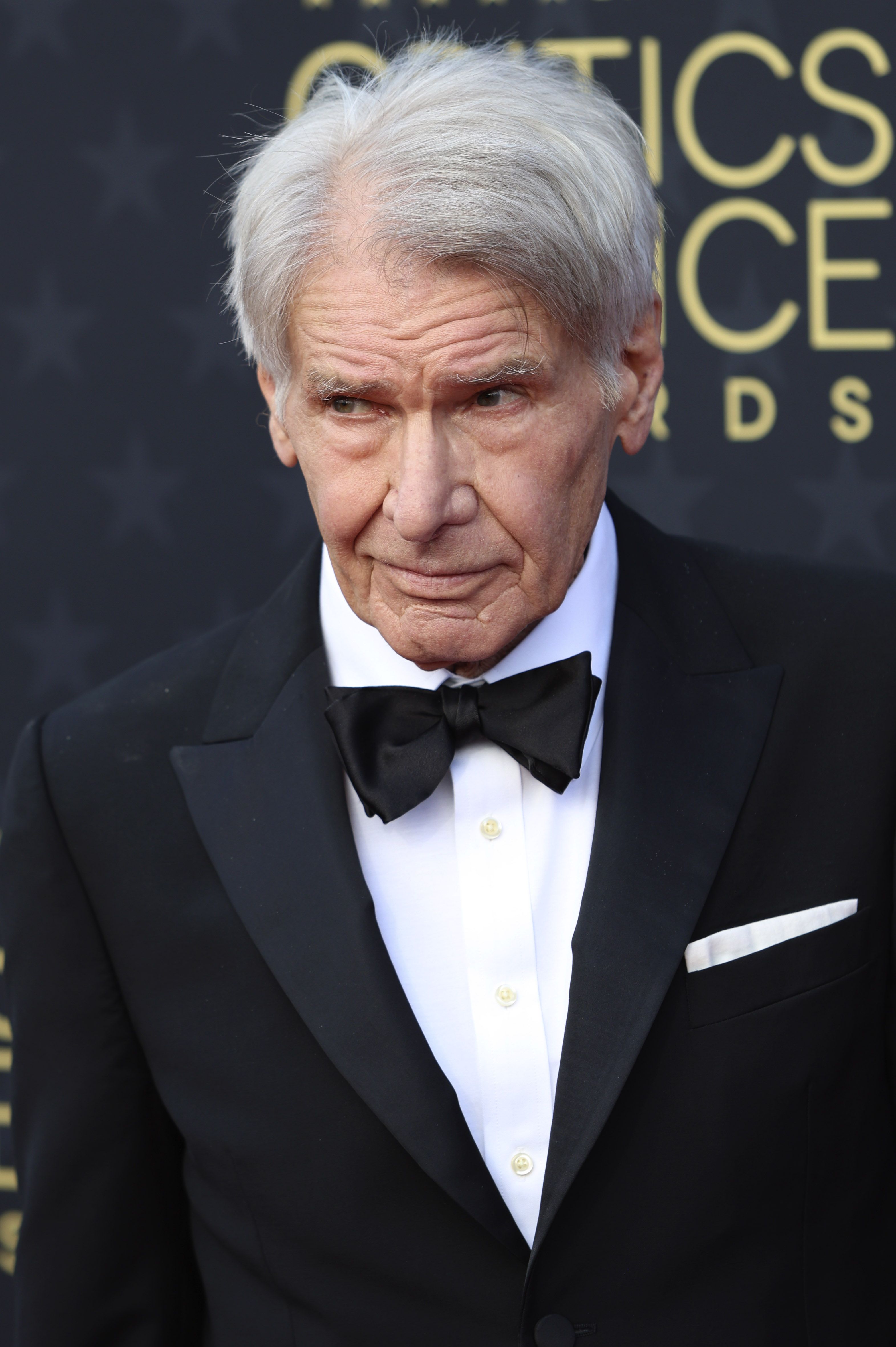
-

-
 Paul Freeman
Paul Freeman -
 Ronald Lacey
Ronald Lacey
Indiana Jones and the Raiders of the Lost Ark introduces audiences to the iconic adventurer and archaeologist, Indiana Jones (Harrison Ford). In his first cinematic adventure, Indiana journeys across the world to uncover one of history’s most legendary lost artifacts: the Ark of the Covenant. But his goal isn’t to simply find the Ark; it’s finding the Ark before the Nazis do.
Like the American government, Indiana fears what Hitler and his fascist regime might do if they get their hands on this weapon of mass destruction first. Thankfully, Indy succeeds and leaves the Ark in the safety of “top men.” Or so we’re led to believe.
3
‘Star Wars: Episode IV – A New Hope’ (1977)
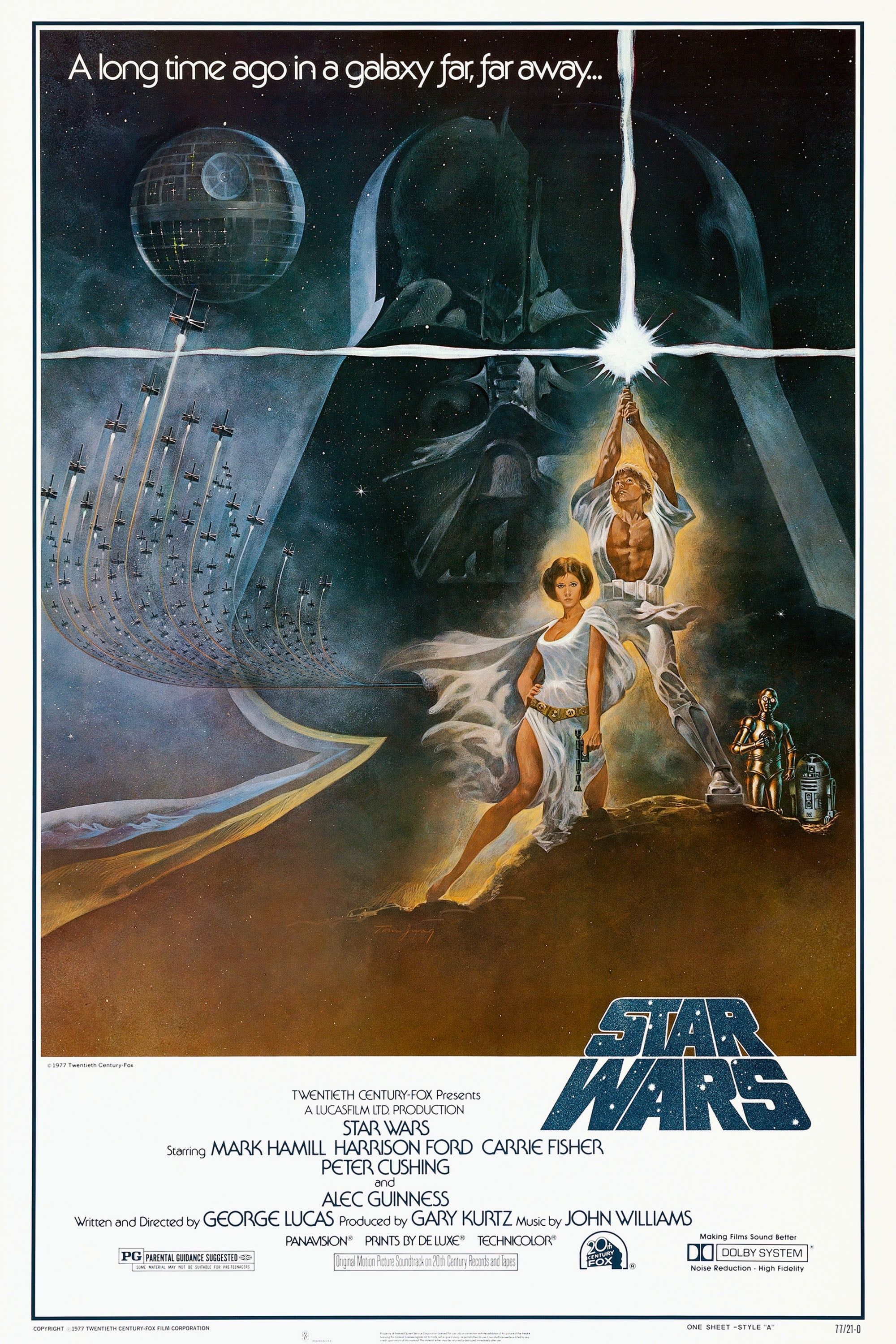
Your comment has not been saved
Star Wars: Episode IV – A New Hope
- Release Date
-
May 25, 1977
- Runtime
-
121 Minutes
- Director
-
- Writers
-
- Prequel(s)
-
Star Wars: Episode I – The Phantom Menace, Star Wars: Episode II – Attack of the Clones, Star Wars: Episode III – Revenge of the Sith, Solo: A Star Wars Story, Rogue One: A Star Wars Story
Fascist regimes don’t only exist in our world. They can also be found in a galaxy far, far away. Star Wars: Episode IV – A New Hope unites an unlikely team of heroes, who rebel against the authoritative empire that rules their galaxy.
The masked villain, Darth Vader, represents the dark machine that is fascism, using violence and force to squash any opposition. We follow our heroes on an epic journey across the galaxy, as they fight for their freedom and stand against Vader and his tyrannical Empire.
2
‘Casablanca’ (1942)
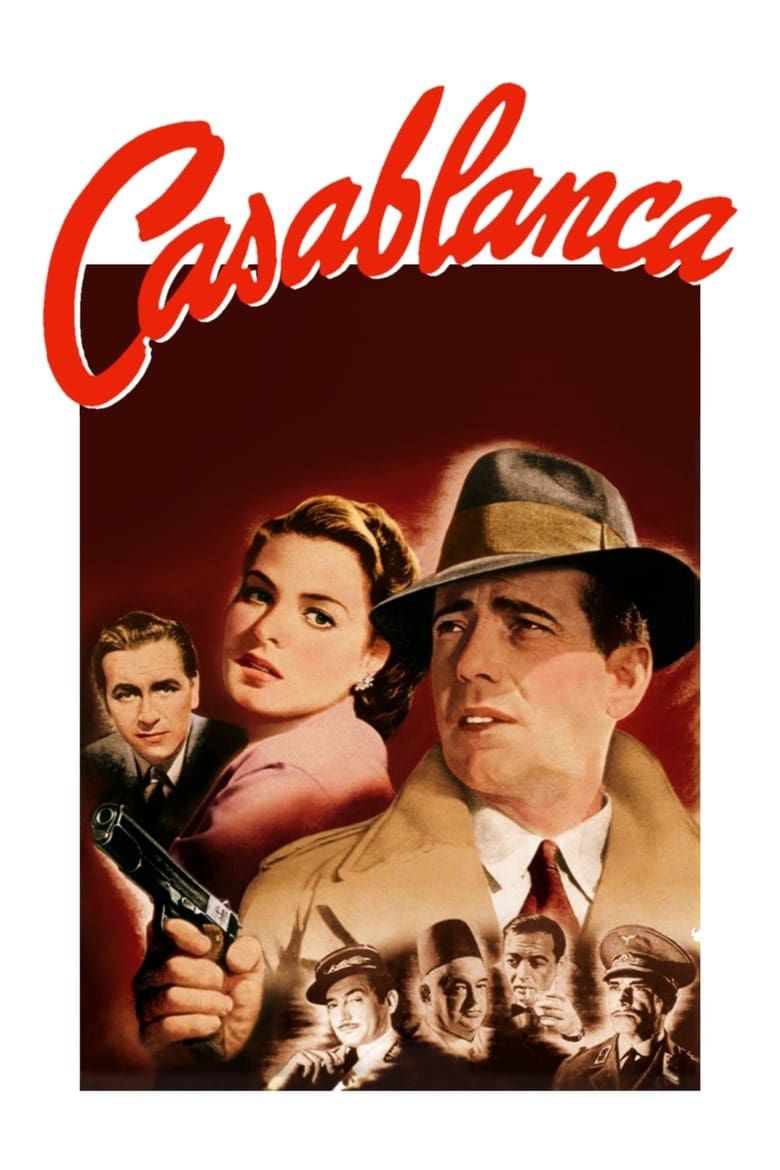
Your comment has not been saved
Casablanca
- Release Date
-
January 15, 1943
- Runtime
-
102 minutes
- Director
-
Michael Curtiz
- Writers
-
Howard Koch, Julius J. Epstein, Philip G. Epstein
- Producers
-
Hal B. Wallis
Cast
-
 Humphrey BogartRick Blaine
Humphrey BogartRick Blaine -
 Ingrid BergmanIlsa Lund
Ingrid BergmanIlsa Lund -
 Paul HenreidVictor Laszlo
Paul HenreidVictor Laszlo -
 Claude RainsCaptain Louis Renault
Claude RainsCaptain Louis Renault
Set in Casablanca during 1941, smooth-talking nightclub owner Rick Blaine (Humphrey Boggart) is coincidentally reunited with the love of his life, Ilsa (Ingrid Bergman), amid the chaos of World War II. Rick represents America in 1941 — an isolationist caught in a moral conundrum, who has no intention of getting mixed up with the war.
But like America, Rick eventually gets involved and becomes the reluctant hero. He sacrifices his love for Ilsa to aid her husband in continuing his resistance against the Nazis, setting us up for one of the most iconic finales in cinema.
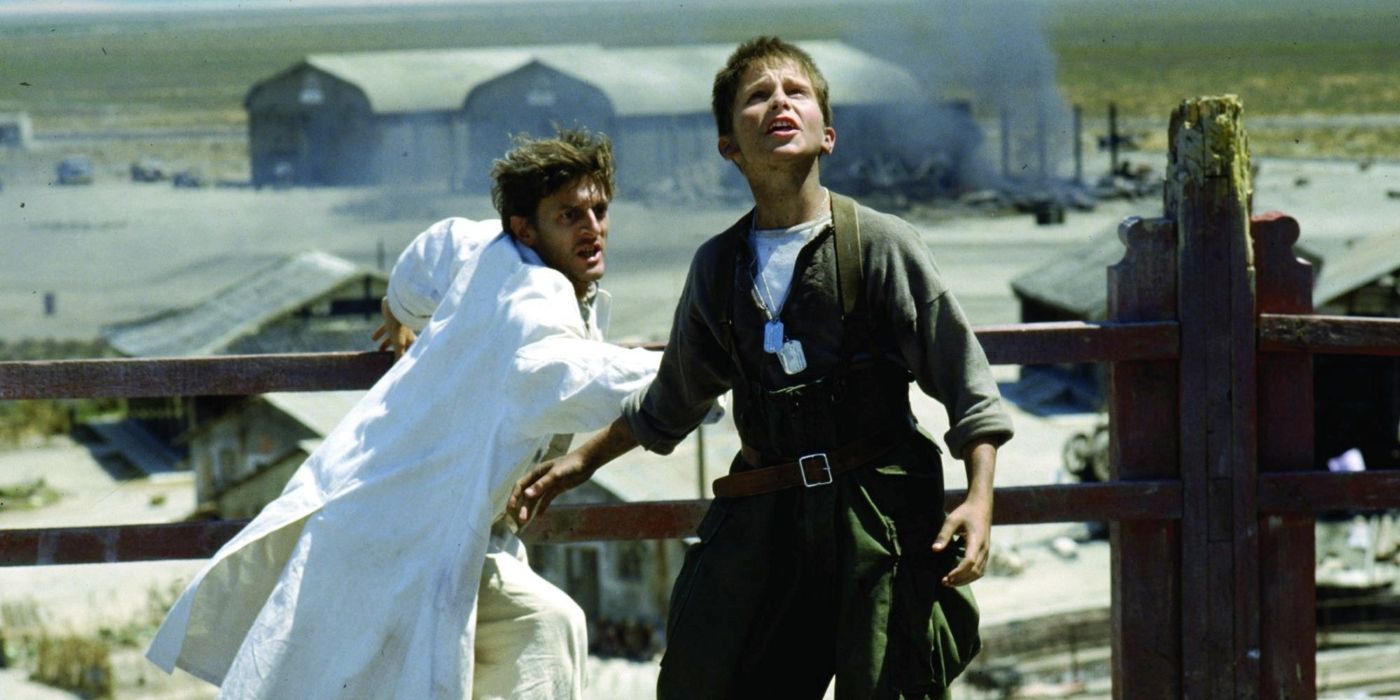
Related
10 Underrated World War II Movies You’ve Never Heard Of
For every ‘Casablanca’ and ‘Dunkirk,’ there is another World War II movie that flew under the radar.
1
‘The Great Dictator’ (1940)
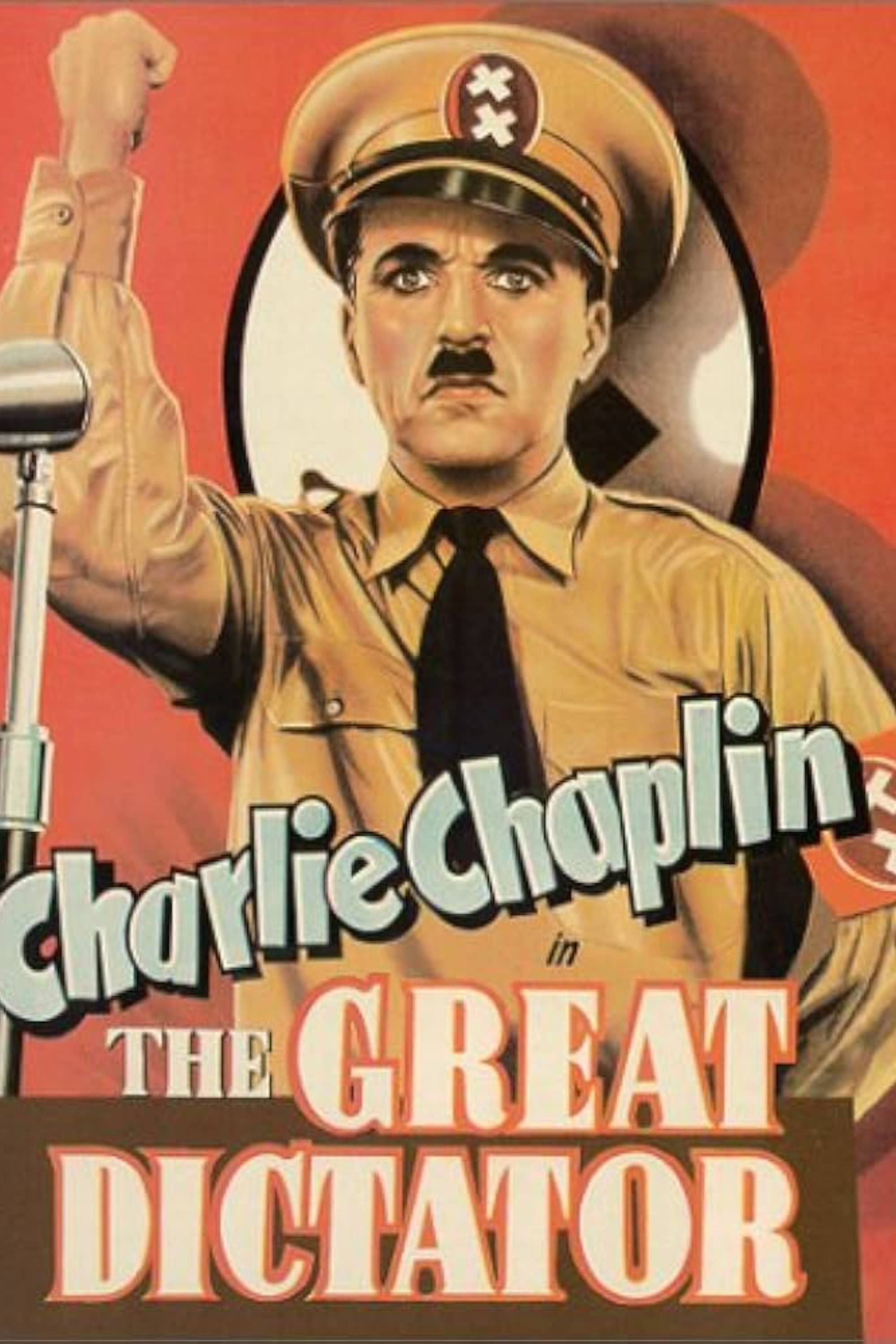
Your comment has not been saved
The Great Dictator
- Release Date
-
October 15, 1940
- Runtime
-
125 Minutes
- Director
-
Charlie Chaplin
- Writers
-
Charlie Chaplin
Cast
-
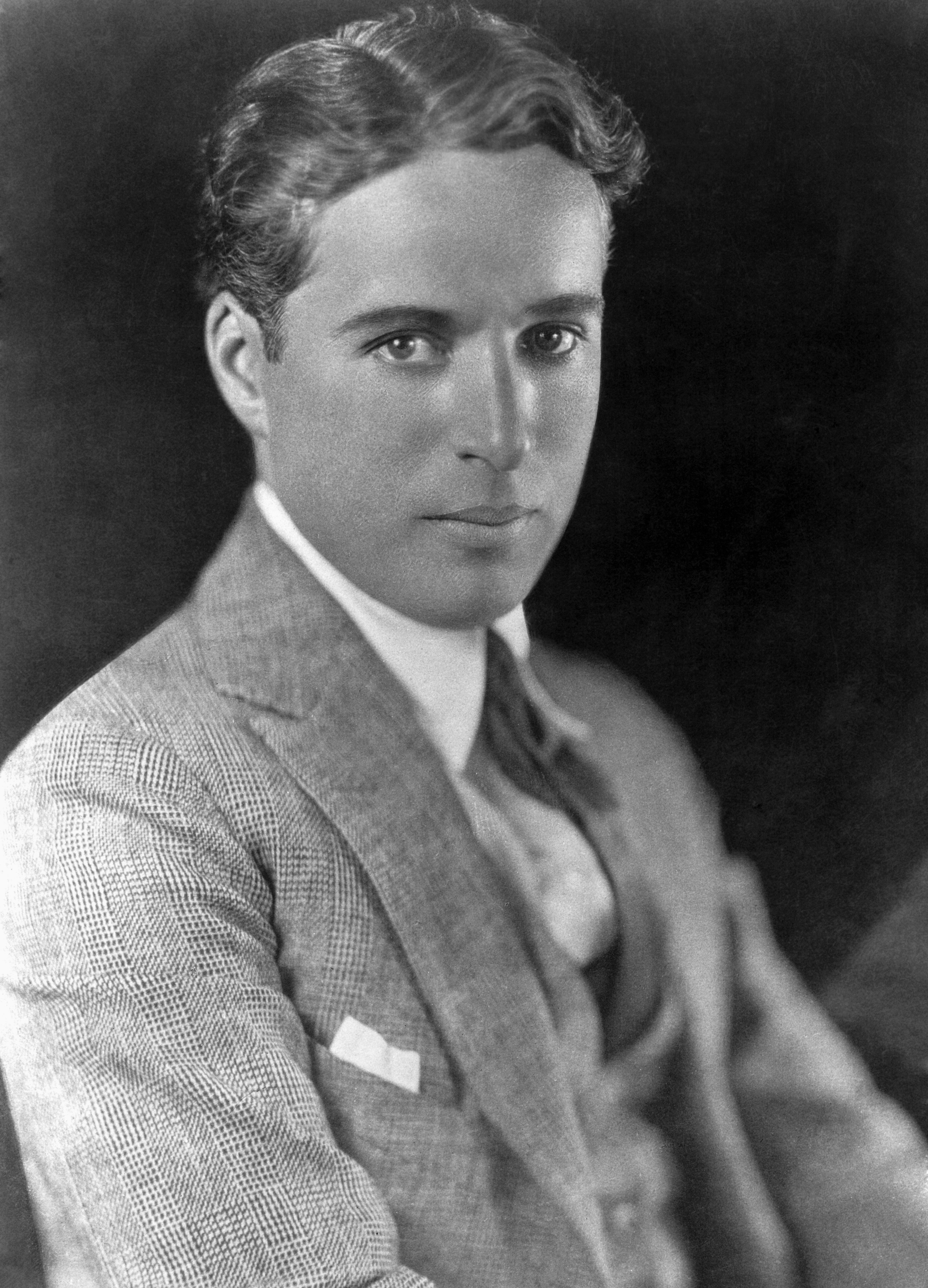 Charlie Chaplin
Charlie Chaplin -
 Paulette Goddard
Paulette Goddard -
 Jack Oakie
Jack Oakie -
 Reginald Gardiner
Reginald Gardiner
The Great Dictator is arguably the greatest and most famous anti-fascist movie ever made. Directed by and starring film legend Charlie Chaplin, The Great Dictator is his first true sound film. It follows a ruthless fascist dictator and a poor Jewish barber, both of whom are played by Chaplin.
At the time, America was in a neutral position regarding Nazi Germany and World War II. Chaplin, however, was not. Compelled to address the escalating violence overseas, Chaplin used political satire and black comedy to condemn fascism and its most powerful voices, such as Benito Mussolini and Adolf Hitler. I mean, just look at Chaplin’s fascist dictator. It’s an uncanny caricature of Hitler. The Great Dictator takes aim at fascism in every single frame. Even the signs in the shop windows of the ghetto are written in Esperanto, a language that Hitler condemned.
According to legend, Chaplin sent a copy of his movie to Hitler. The filmmaker later said that he never would’ve made The Great Dictator had he known the true extent of the Holocaust. But perhaps it’s lucky that he didn’t. Otherwise, he never would’ve made one of the most significant films in cinematic history.
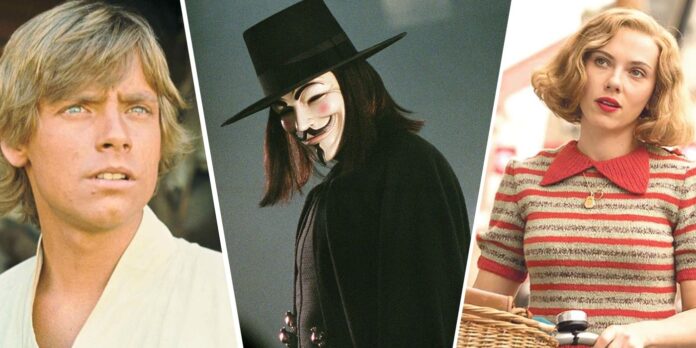
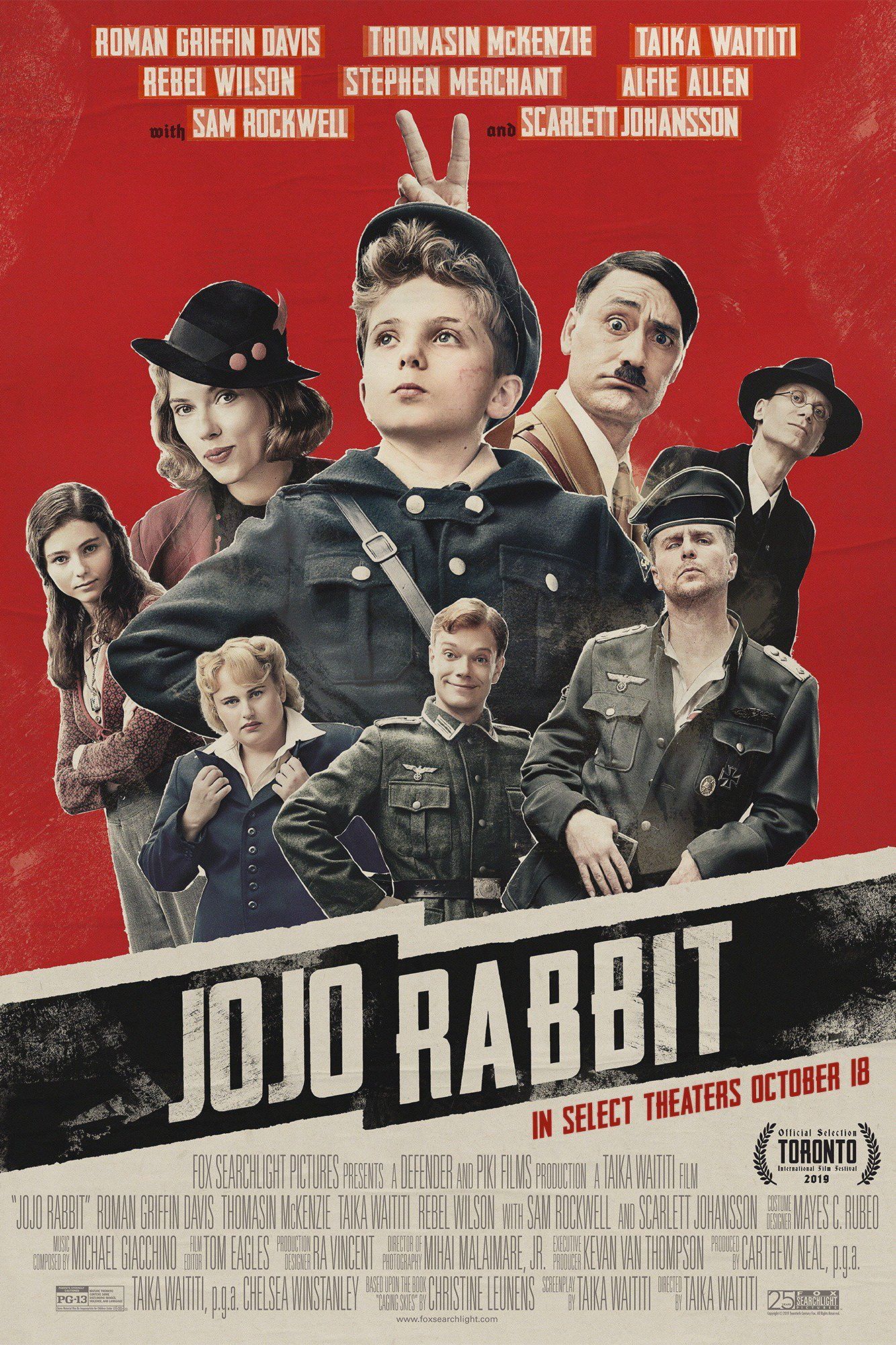



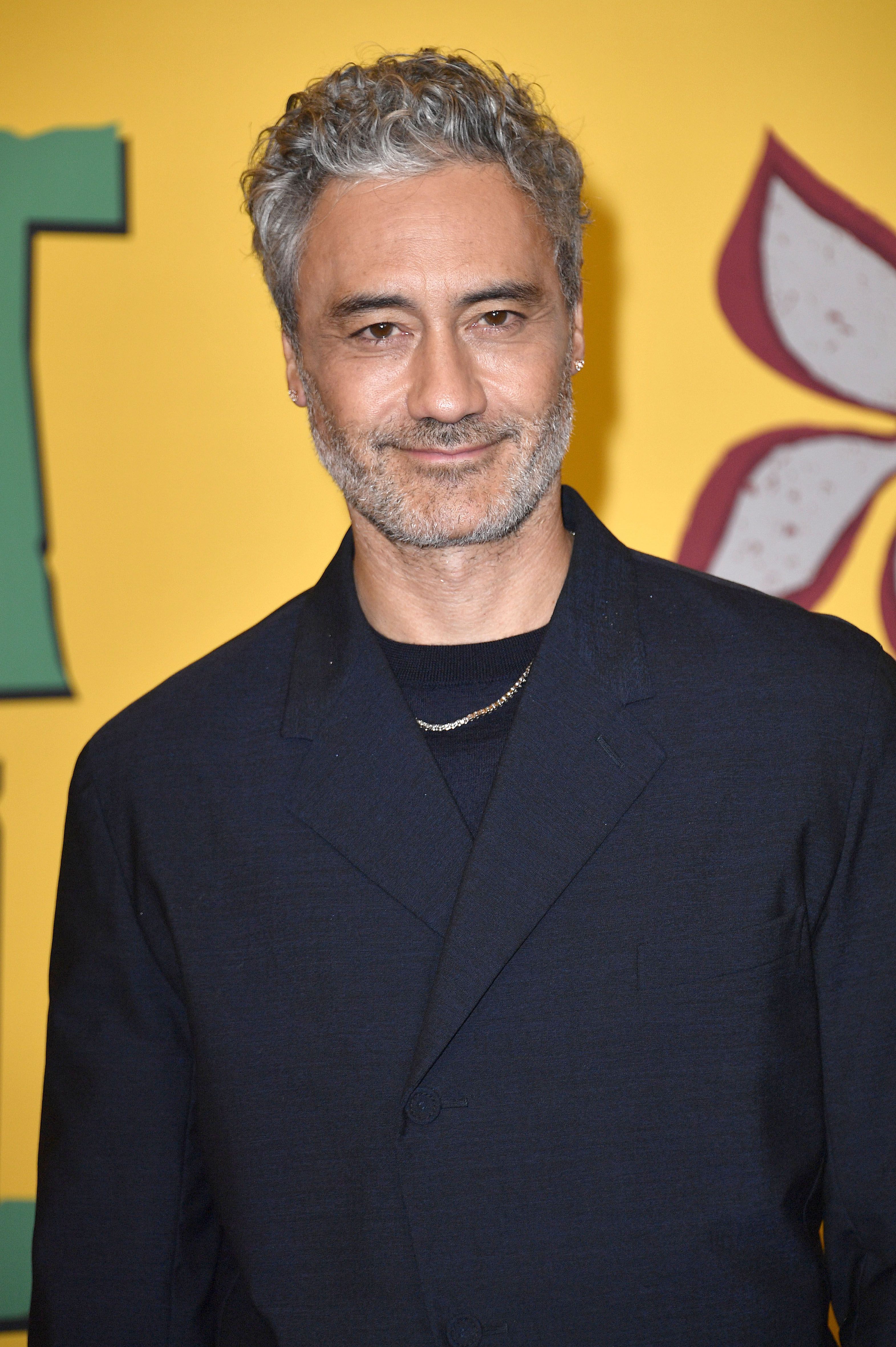

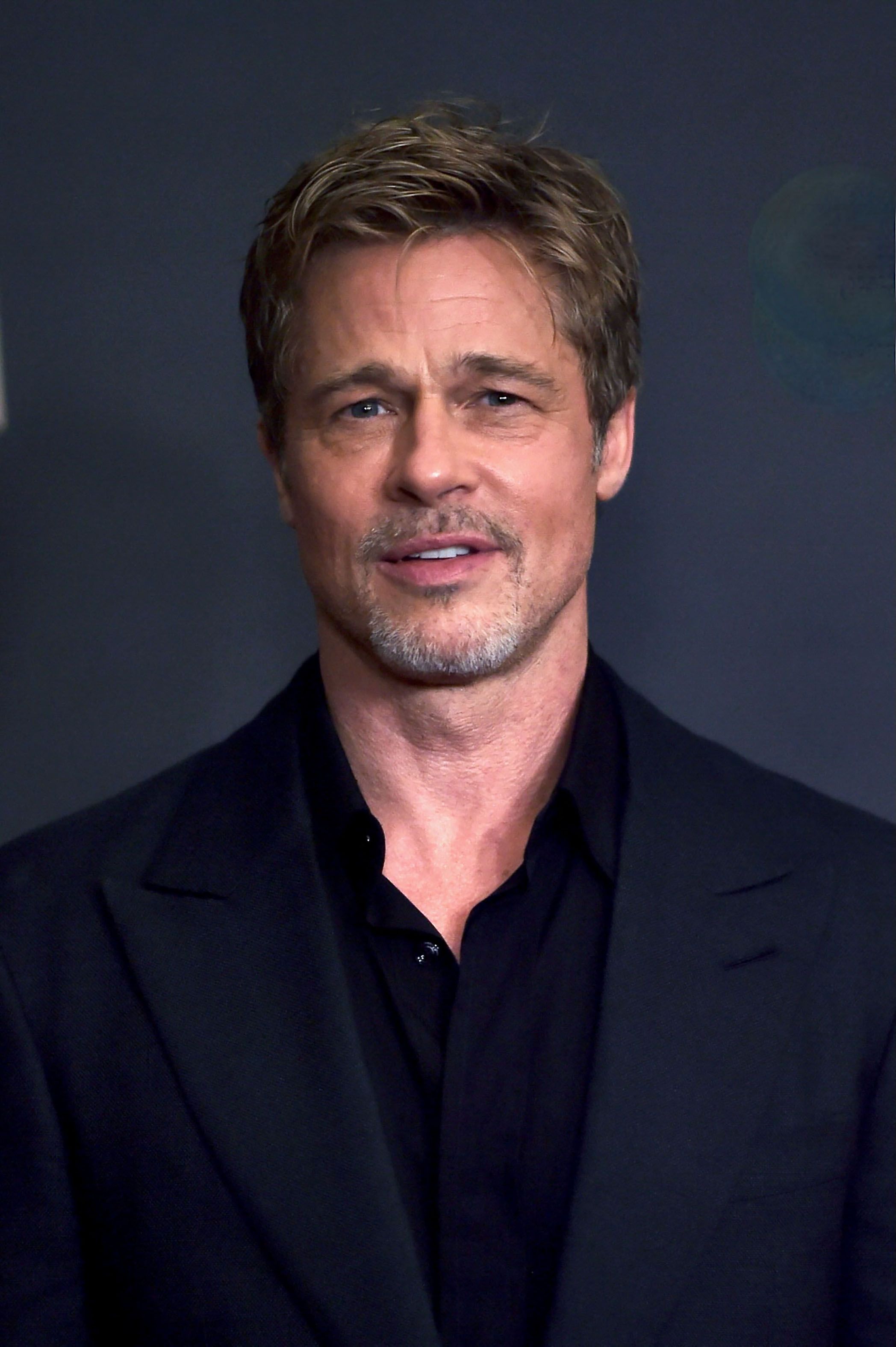


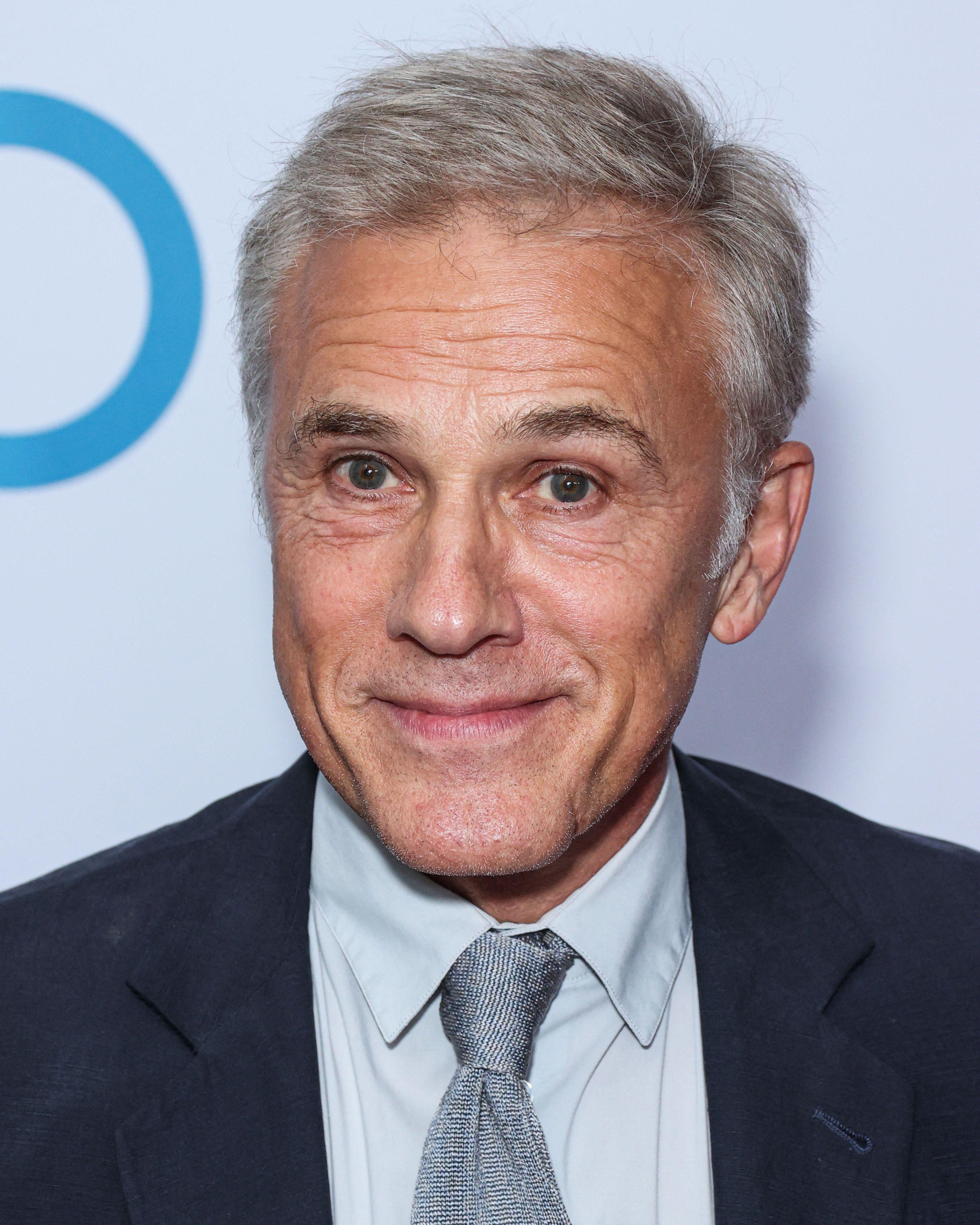
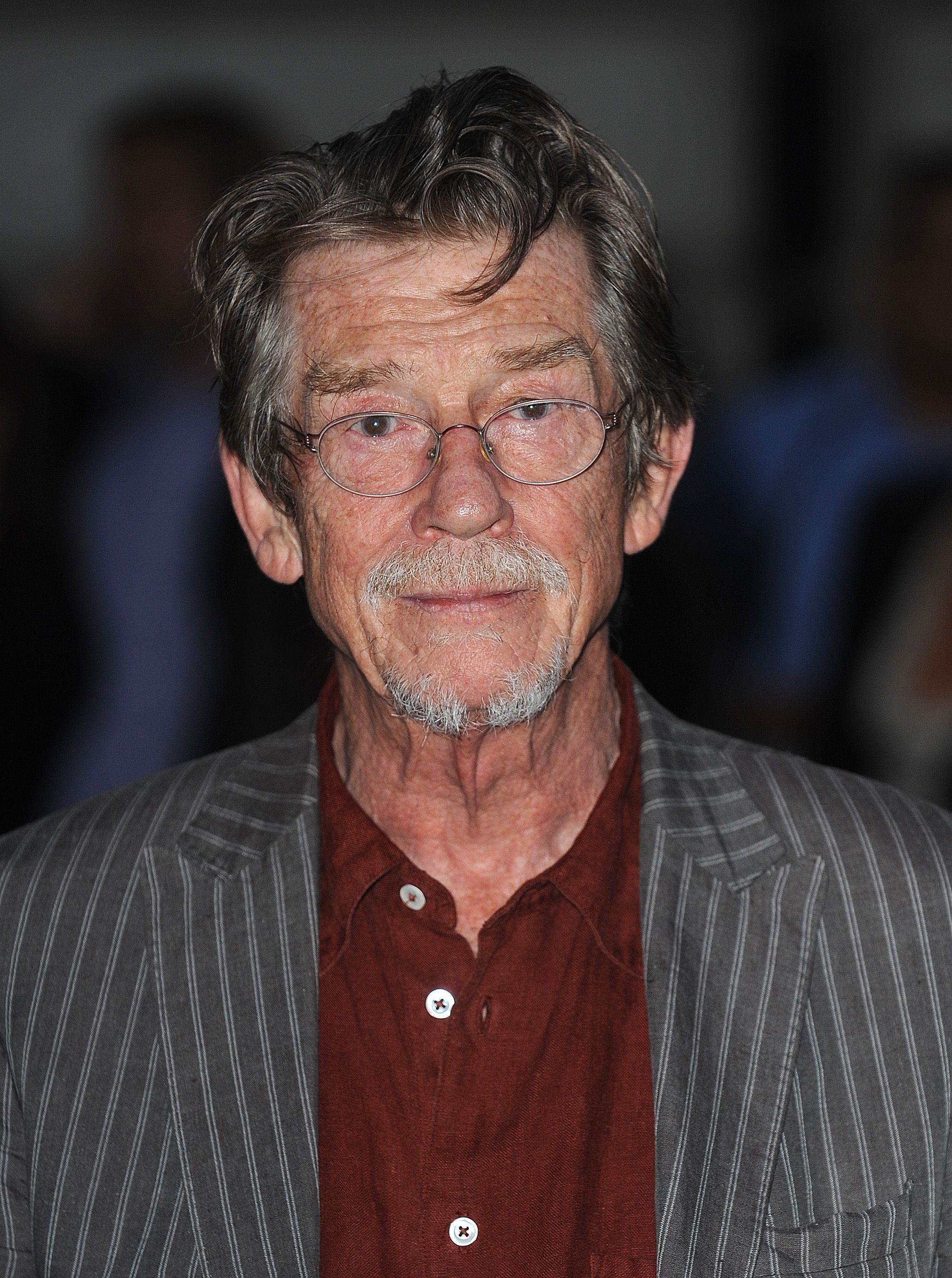
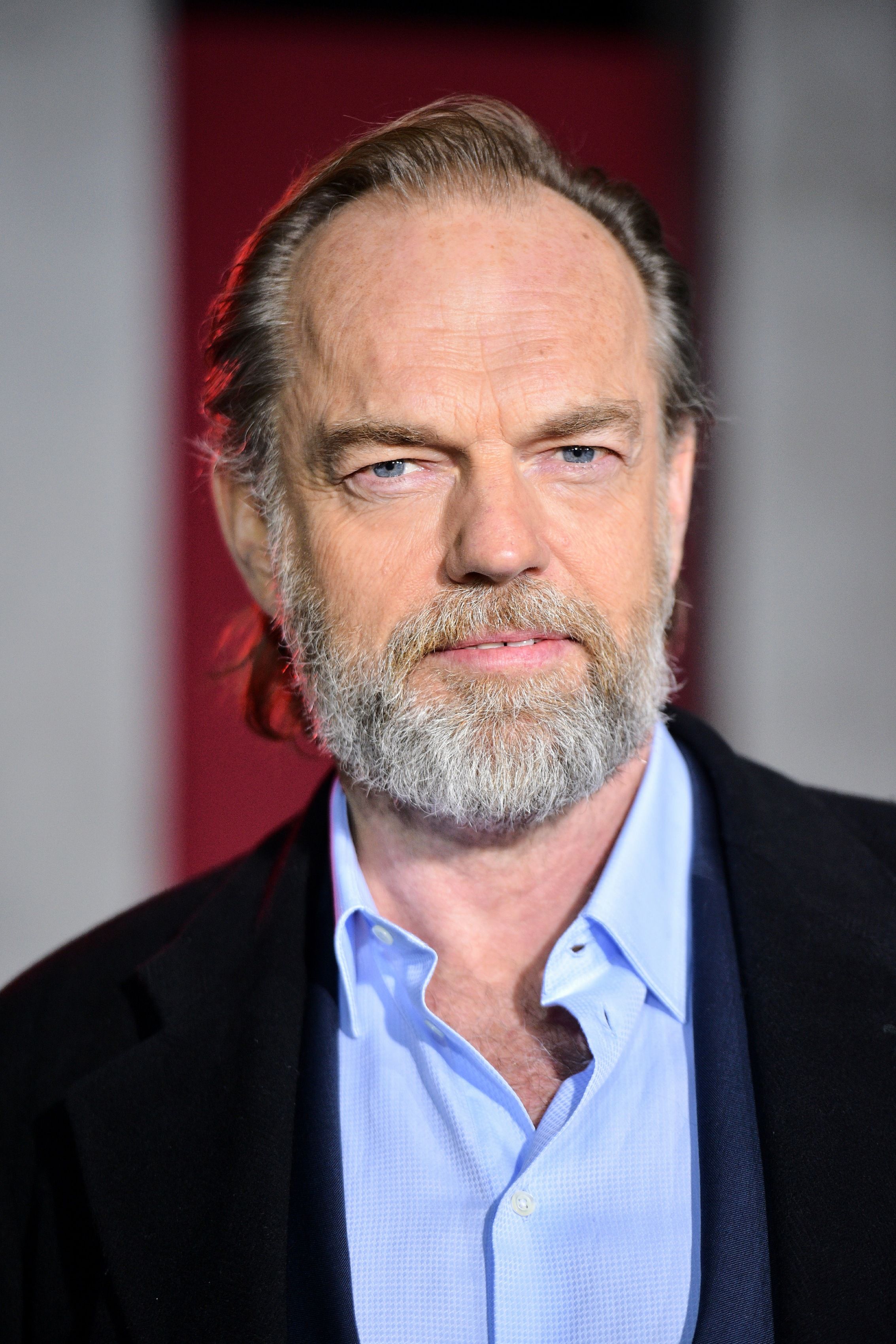
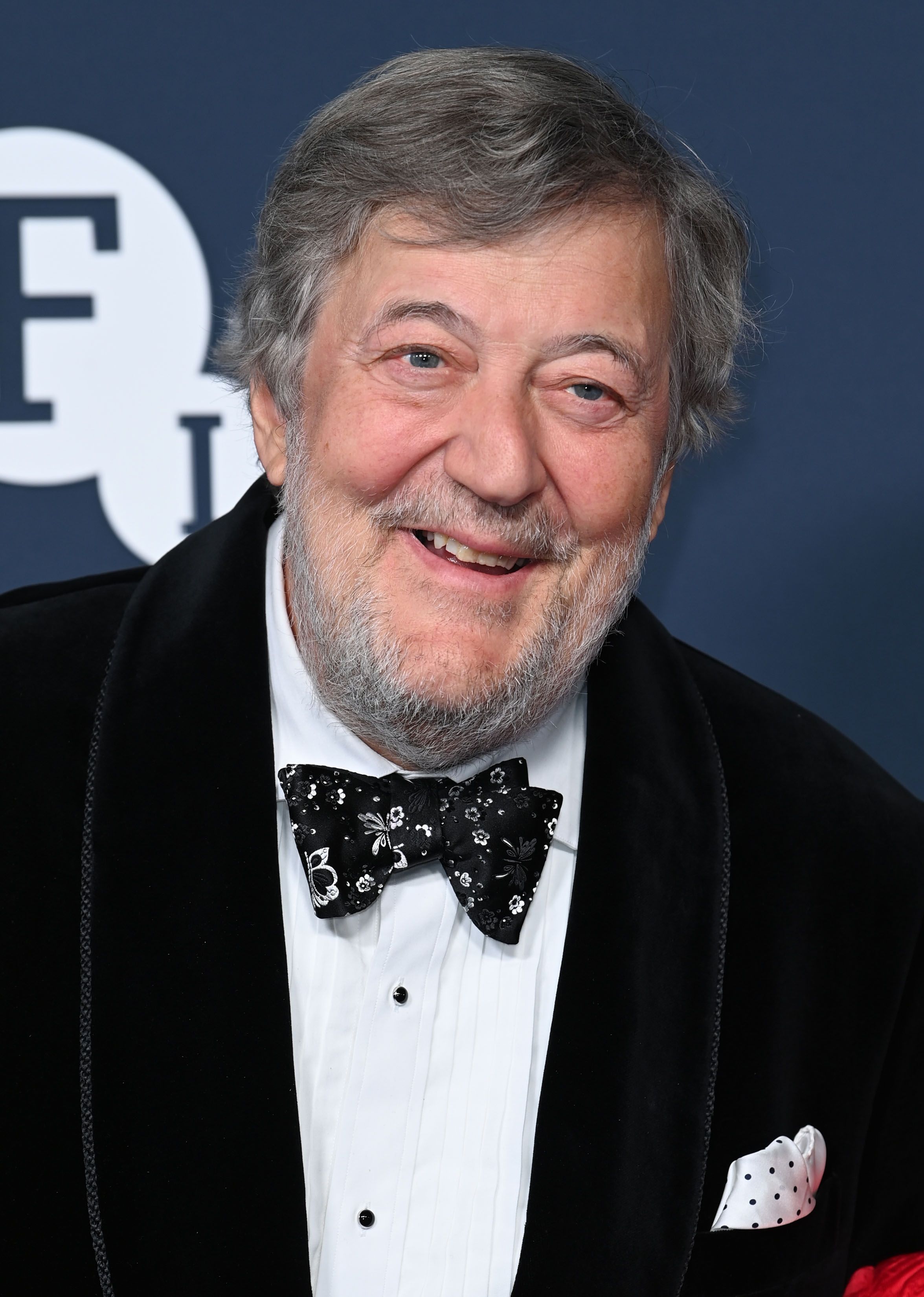
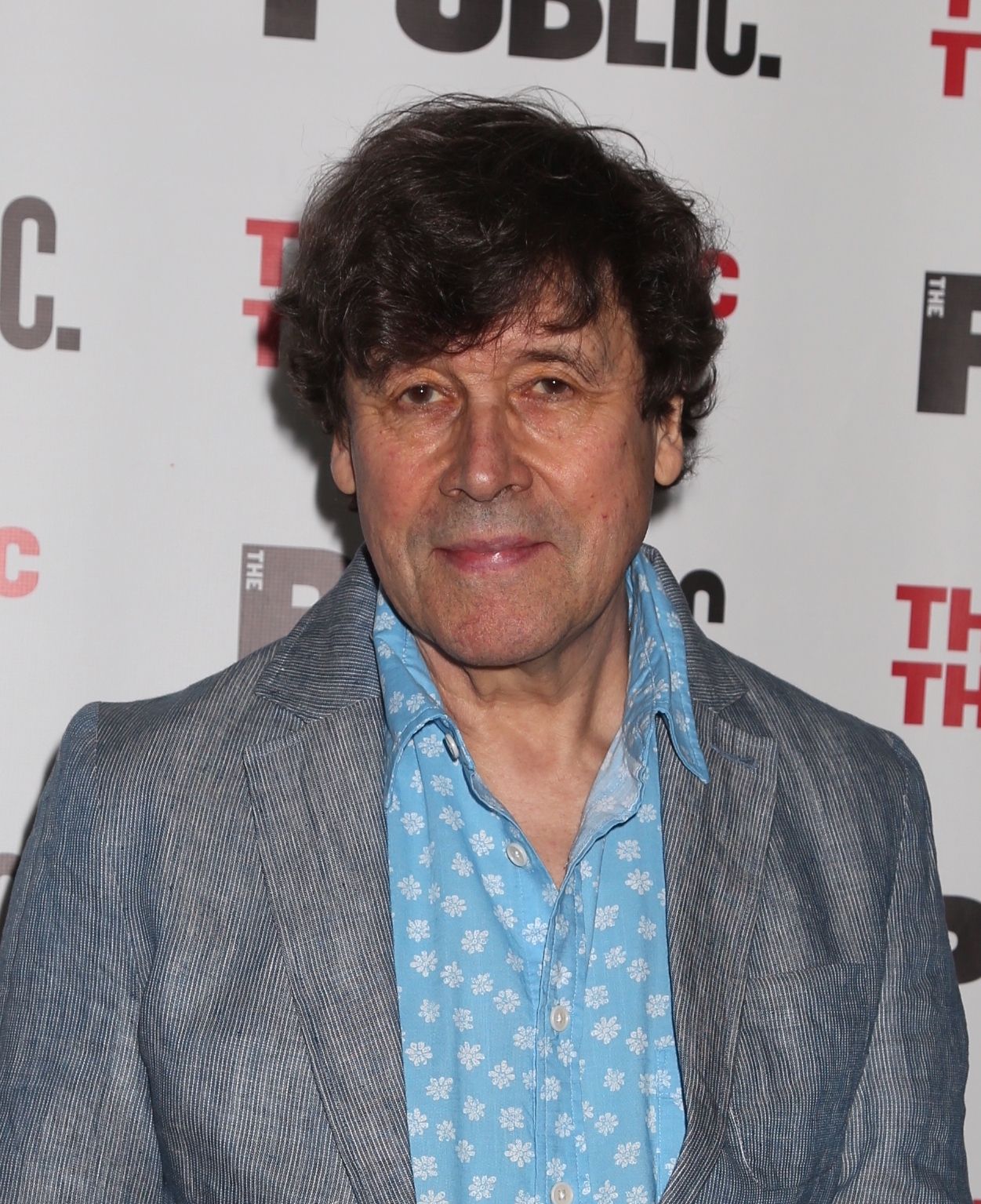

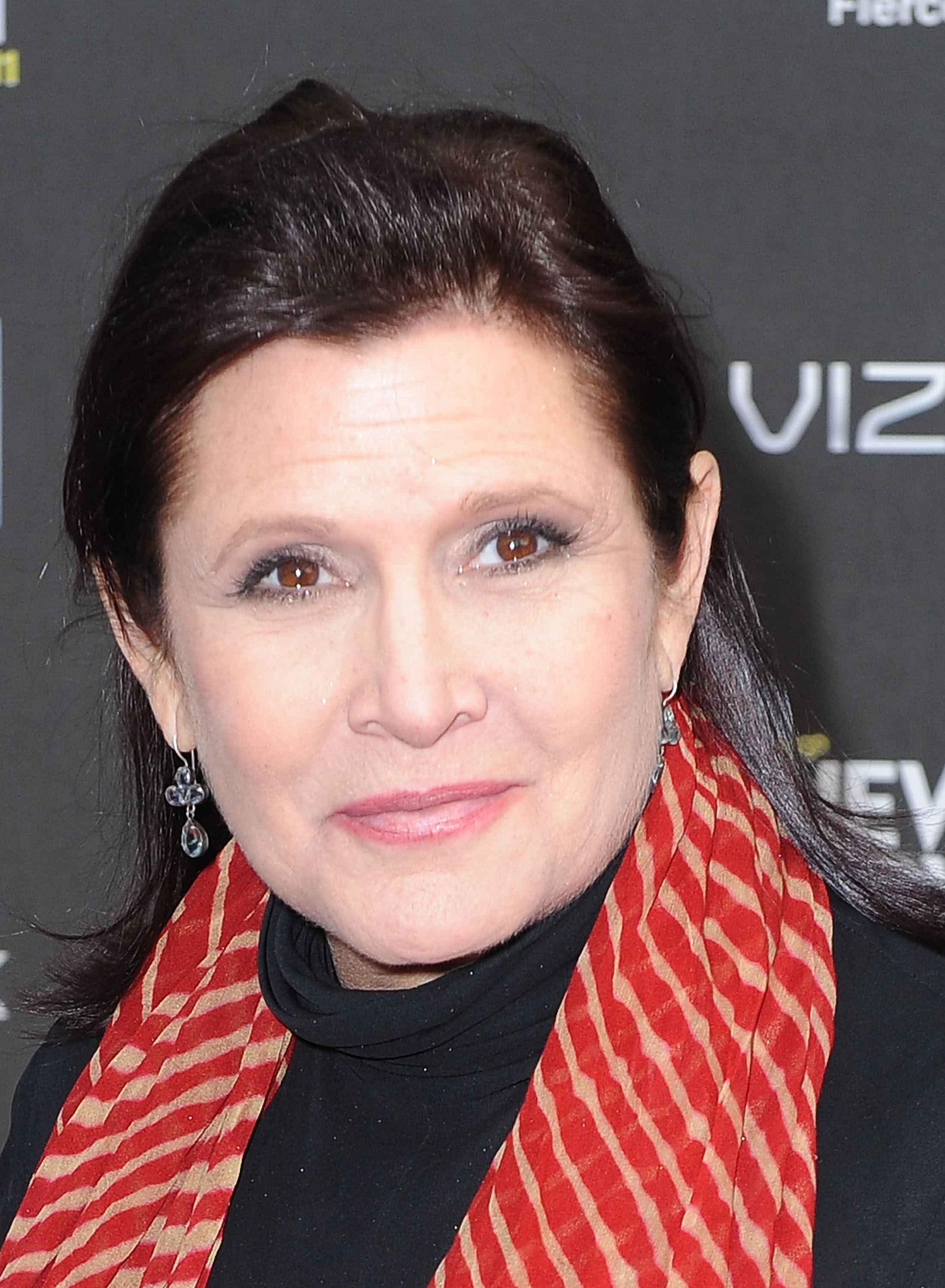
Your comment has not been saved